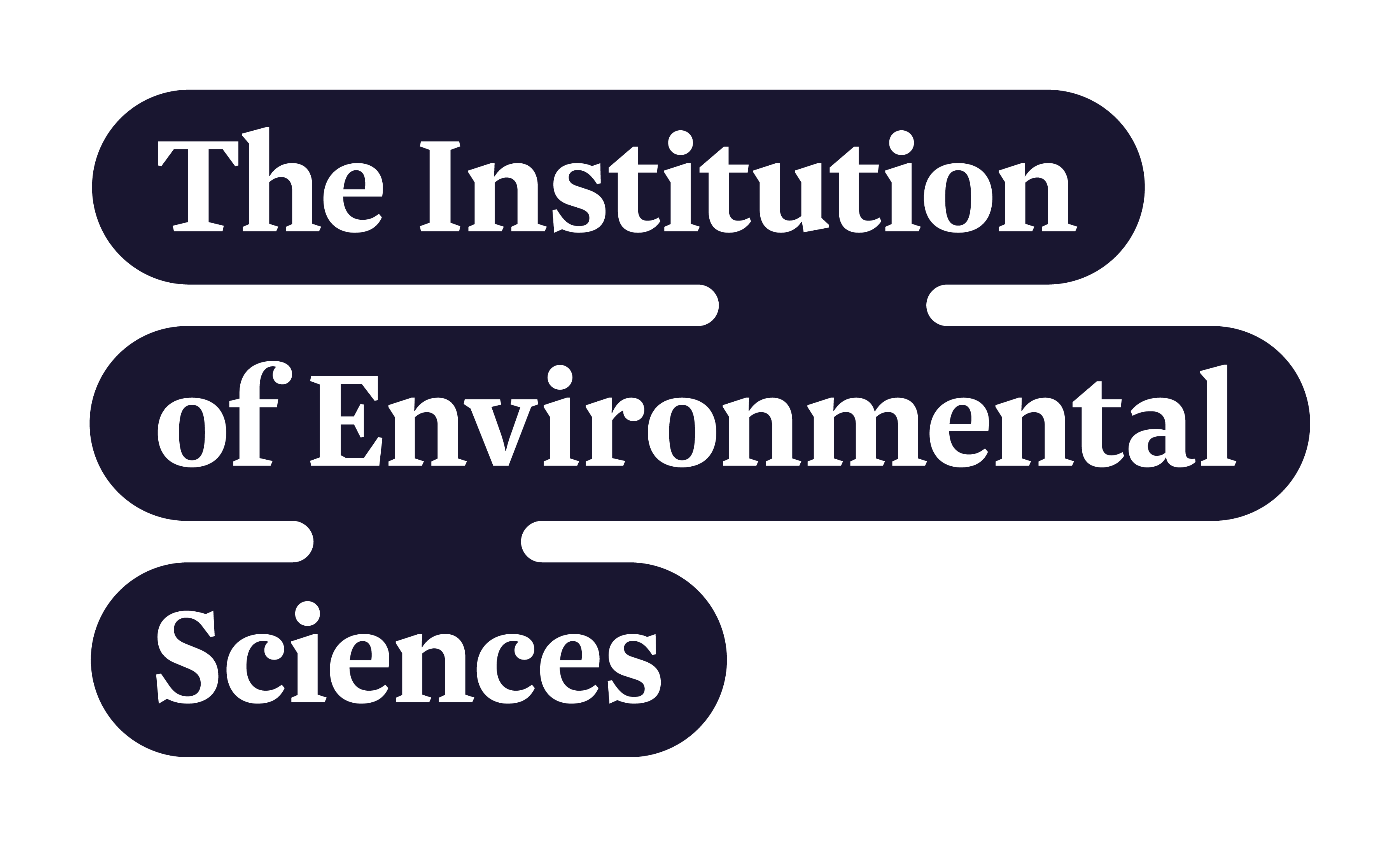Call for evidence: Equity in the STEM workforce
The All-Party Parliamentary Group (APPG) on Diversity and Inclusion in Science, Technology, Engineering and Maths (STEM) has launched an inquiry into Equity in the UK STEM workforce, following on from their recent inquiry into Equity in STEM education.
This inquiry will examine how the Government and organisations employing STEM workers are helping to create a diverse and inclusive environment for their workforce. This inquiry will culminate in a report launched in summer 2021 which will build upon their Data Analysis Brief on the diversity and representation in the STEM (including health) workforce in 2019.
The APPG is welcoming submissions of evidence from a wide range of respondents in the UK, including:
- Organisations who employ STEM workers including from the private, public and non-profit sectors
- Organisations that work with or represent current or future STEM workers
- Individuals and/or informal groups.
The key questions they are looking for responses to can be found on their website, along with further guidance for submitting evidence. The deadline for submissions is 5pm on the 29th January 2021.
Our commitment to diversity and inclusion
We are committed to promoting diversity and inclusion across the sector and acting as agents for change, leading by example for the betterment of our society, economy and environment. You can find out more about our priorities for enhancing representation and promoting equality both internally and across the sector in our Equality, Diversity and Inclusion plan.


